Students will learn about the Mexican Revolution, specifically about the role class and gender played during this time period.
Gender & Class in the Mexican Revolution (Unit)
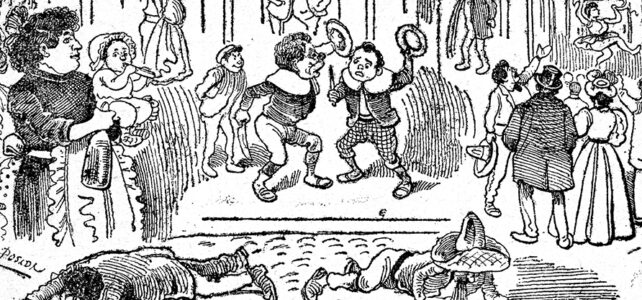


Students will learn about the Mexican Revolution, specifically about the role class and gender played during this time period.
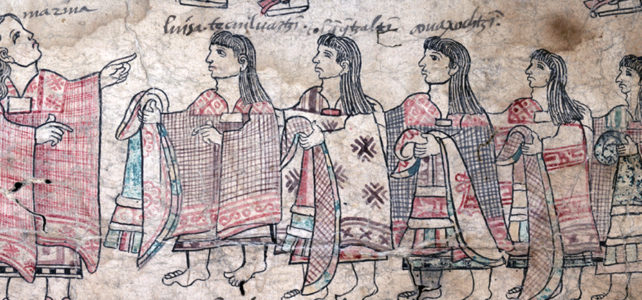
Students will learn about how Indigenous and Spanish women navigated Spanish colonization and patriarchy in Latin America. This unit explores women’s agency through the figures of Malintzin (Malinche), Sor Juana Ines de la Cruz, and Catalina de Erauso.
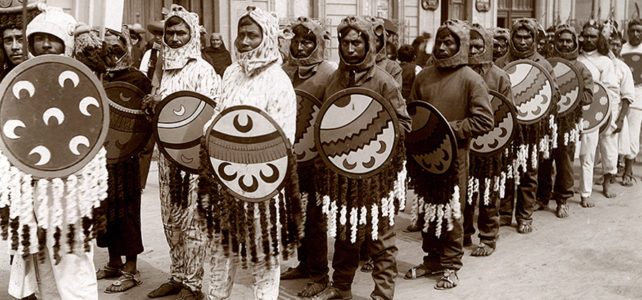
This unit aims to critically examine the ways colonization shaped Mexico, particularly in the years leading up to the Mexican Revolution. By analyzing the colonial system of encomienda and its postcolonial manifestation of casta, students will be able to understand the complex and racialized power dynamics contributing to the increased poverty and disenfranchisement of peoples across Mexico.
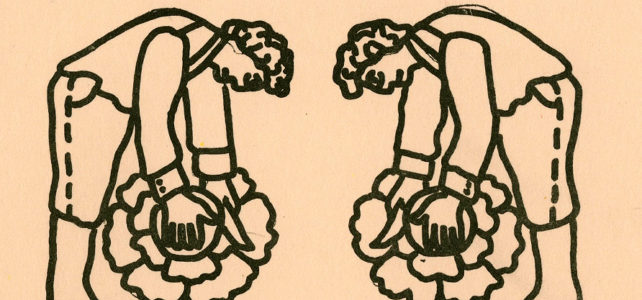
Students will learn about Mexican Americans’ struggle to keep and create space and place in their community. Students will learn about Juárez-Lincoln University/Cultural Center and its role in local Mexican American history. Students will create a plan for their own community educational/art space including pedagogical strategies, programming, branding, and facilities.
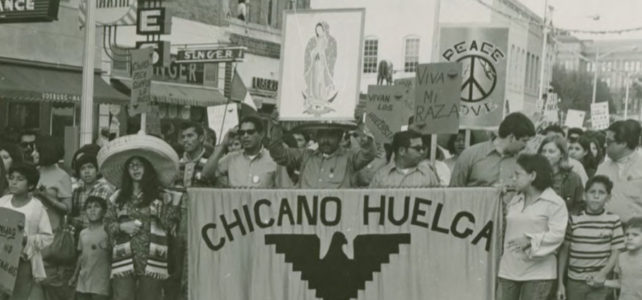
Students will learn about US social movements through the Economy Furniture strike in Austin, Texas. Students will critically engage with movement materials and create their own social justice campaigns and related campaign materials which may include but are not limited to posters, buttons, pamphlets, and protest signs.
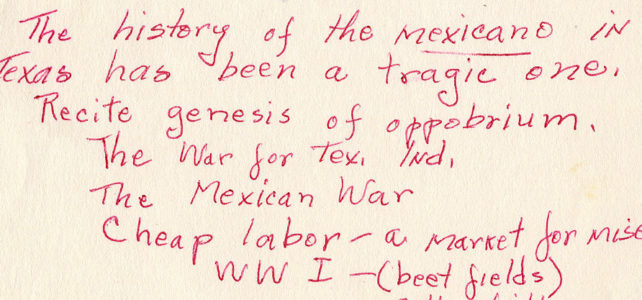
Students will learn about the work and life of educational scholar and activist, Dr. George I. Sanchez. Topics for critical exploration include Sanchez’s educational research, legal assistance, Mexican American organizations, Bilingual Education, Pan-Americanism, and Chicano Civil Rights. Students will make either a hand written/drawn zine or a digital zine based on the students’ preference and availability of materials and technology.
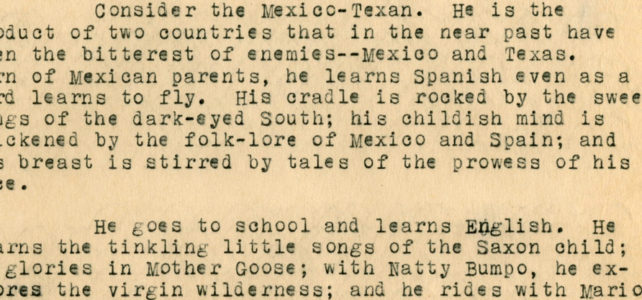
Students will learn about Chicano Studies pioneer Américo Paredes through his literature and activism. Students will learn about ethnography as a research method and form of analysis. Students will come away with a historical perspective of the value of oral transmission of heritage such as the corrido, oral histories, and poetry. Students will compose a poem or song and combine it with images to create a digital video or interview a family member or community elder to document local history.
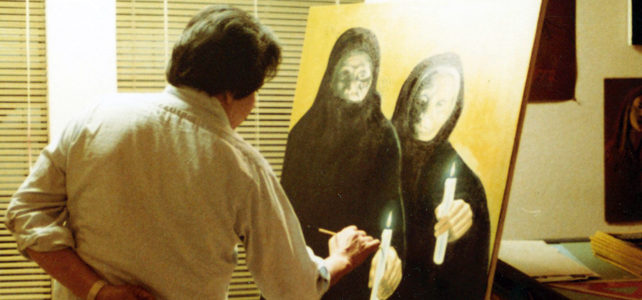
Students will learn about Austin printmaker and arts activist, Sam Z. Coronado. Lessons contextualize and connect Coronado’s work to the history of printmaking and Mexican printmaker José Guadalupe Posada. Students will create their own print based on a social/political issue of their choice and compose an artist statement that describes their work.